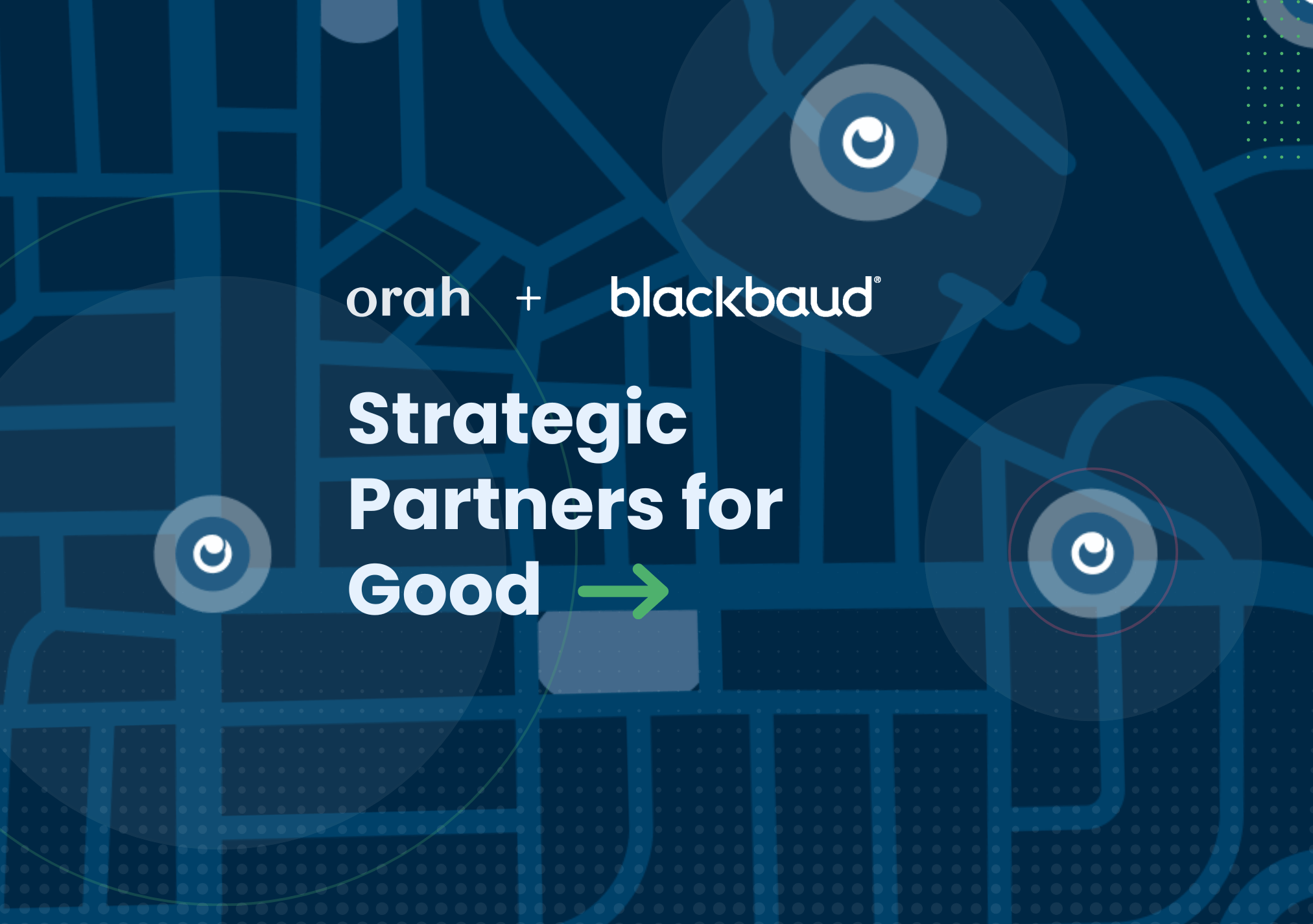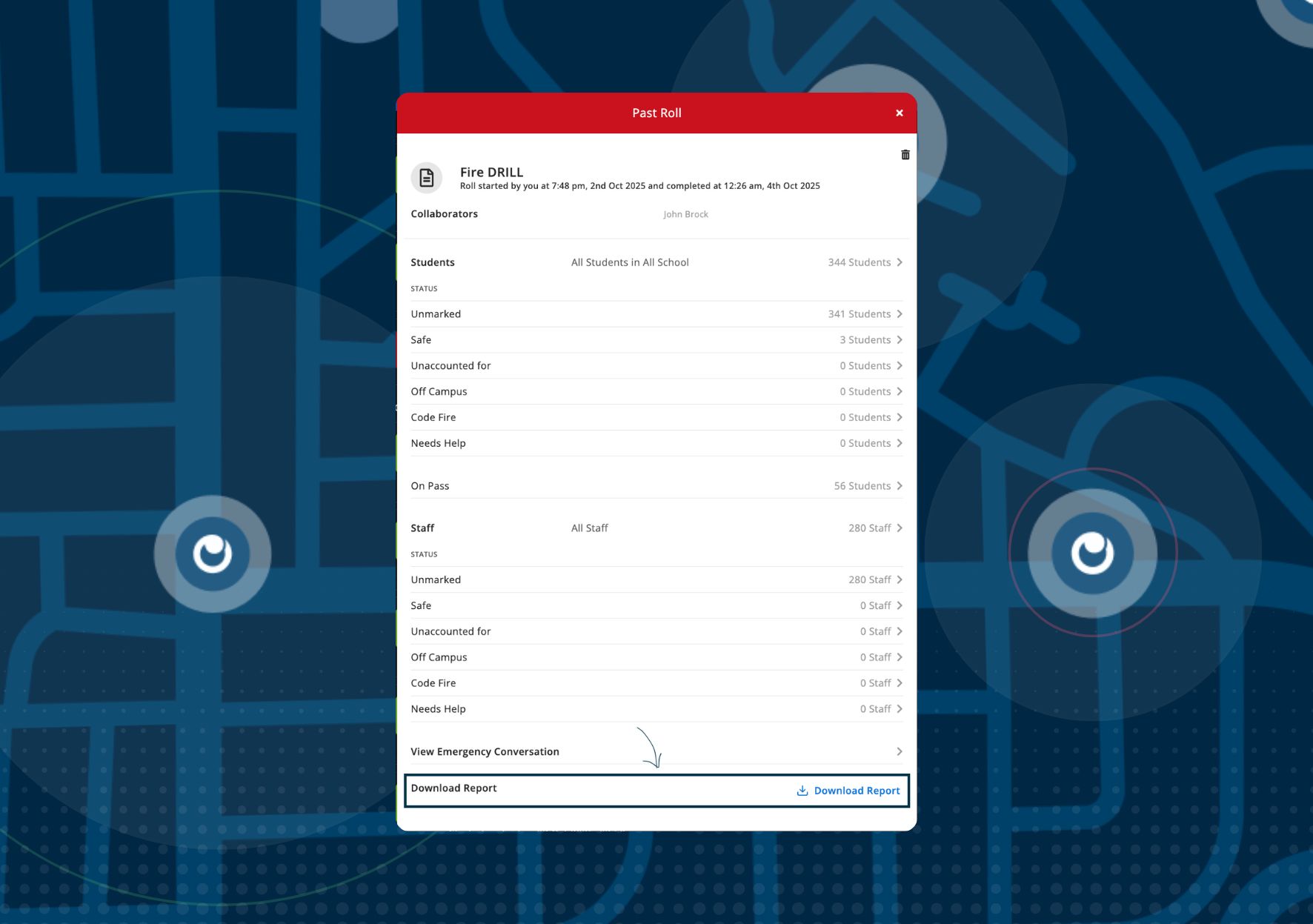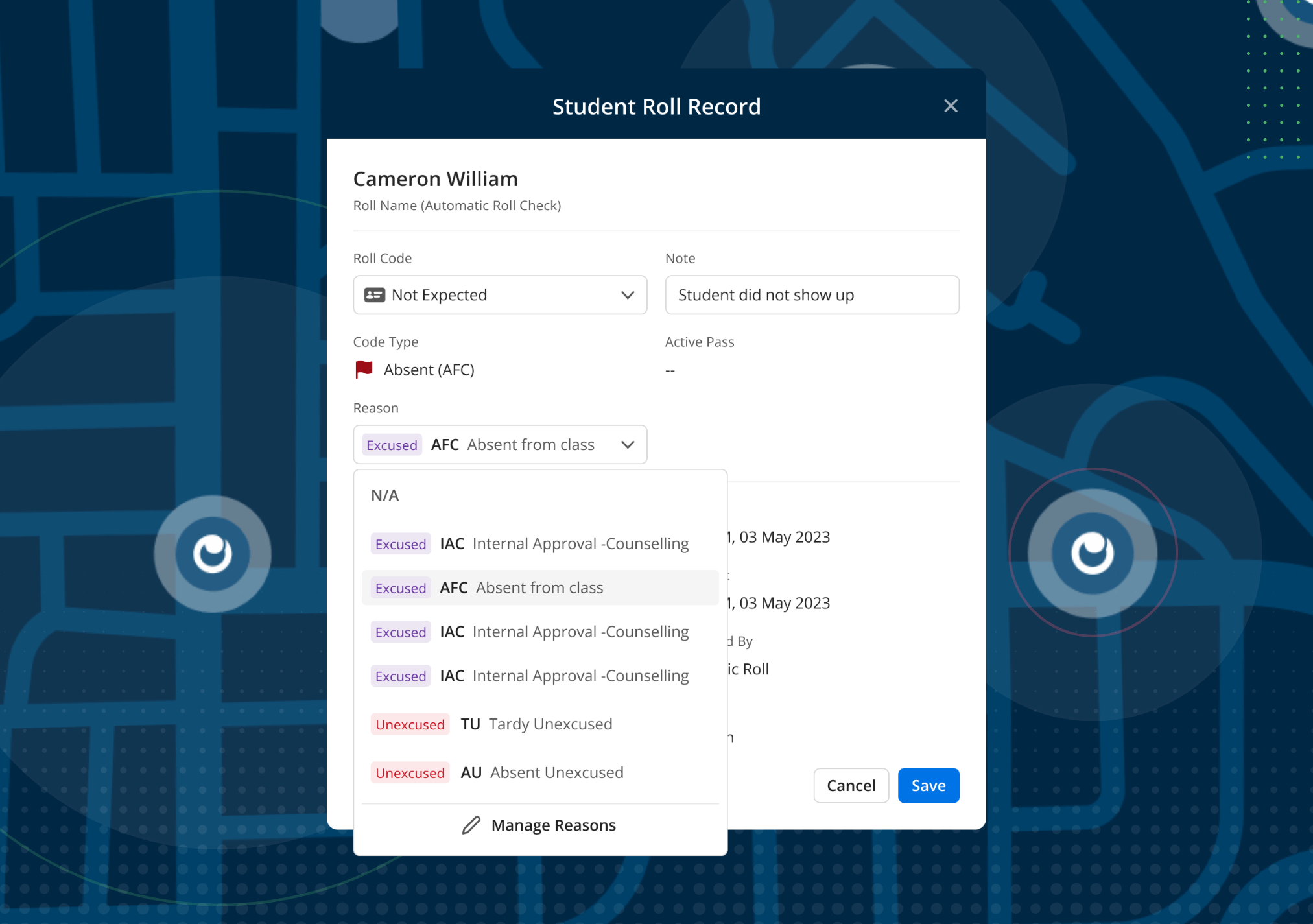A Digital Native’s Guide to Using AI in Education
Tiago Penteado
•
May 25, 2023

This article is an excerpt from Orah-cle, a monthly student engagement newsletter for schools. Sign up to recieve articles like this directly to your inbox each month.
Imagine a classroom where a struggling student gets personalized guidance and support without overburdening the teacher. With Artificial Intelligence (AI), it’s now a very achievable reality. In this article, we'll explore the power of AI and data in education, and how you can unlock its potential to improve your staff and student experiences.
By now, you’ve heard of ChatGPT, and with its introduction comes challenges and opportunities that many of us would have never imagined seeing in our lifetimes.
As a resident digital native here at Orah, my goal in this newsletter is to provide you with valuable insights into the world of Technology, AI and Education from the perspective of someone who grew up with the internet. As we explore the intersections of technology with student & teacher well-being, academics, and administration each month, we’ll ask questions and share different perspectives to consider as we push forward towards building a brighter future for our tamariki (children in Māori).
In this article we’ll cover the following:
- The Power of AI in Education
- Embracing AI: Challenges and Opportunities
- My Prediction 🔮
- Disruptive Change: How is AI good for education?
- Cool tool: Cited Search Powered by AI
- How we're leveraging AI at Orah

A Digital Native’s Guide to Using AI in Education – and How it Can Be a Good Thing
Imagine a world where AI helps teachers create engaging lesson plans, assess student progress, and even provide personalized guidance, all while saving time and energy. ChatGPT is one such AI that's opening doors to these possibilities, but it’s limited in its real-world application until it’s embedded into the products you use every day.
So we know that we can send ChatGPT prompts and it will return a wall of text – but how does it do that? To know what we’re dealing with, we need to know how it works under the hood.
ChatGPT explained

“ChatGPT works by analyzing vast amounts of text data to generate human-like responses to user inputs based on patterns and context learned during its training.” - ChatGPT
Or in human terms (me again), large language models like ChatGPT analyze huge datasets (i.e. the Internet) and find patterns and relationships between words to predict the words that should come next. The product of that process is what you see when you give it a prompt.
Now you might be thinking, I already know this… and? Well, I think it’s important that you know how it works before I start to share why it can be a good thing for education. Let’s continue!
The Implications of AI on Education
Our kids are growing up with major technological developments (like ChatGPT) as a norm now, and they’re learning how to use and interact with these technologies at unprecedented rates. ChatGPT is groundbreaking technology, but I bet it already feels kind of normal to you now. And as Dr. Ryland Grace observes in Project Hail Mary, “Human beings have a remarkable ability to accept the abnormal and make it normal.”
AI is just a part of modern life now.
I believe that we must embrace AI (with the necessary caution) and be open to assessing it objectively in order to empower the next generation to learn it, so that they don’t fall behind.
But to do that, we all must understand what it is and what it’s useful for. One of the first questions I asked myself when ChatGPT came out was, “Wow okay… what does this mean for education?”

Beyond the issues we now face with addressing plagiarism, AI presents a few challenges that we must address:
Challenge: What are the ethical implications of Artificial Intelligence (AI)?
Response: If we see Natural Language Processing (NLP) as simply pattern recognition and response rather than a sentient digital mind, does it change the ethical implications of AI?… it’s still unclear.

Challenge: How do we protect student data in the age of AI?
Response: This really does put the onus on technology providers like Orah to develop robust safeguards in conjunction with pioneering schools. And we will look to regulation and data privacy laws to address this over time. In the meantime, you can be confident that at Orah, we are taking a proactive approach to developing robust applications of AI with great respect for the sensitive nature of student data and all the safeguards required to protect it – to the highest global standard
Challenge: Will AI take teachers' jobs?
Response: It is my perspective, as a digital native living in the world of tech, that AI will not be a major threat to job prospects in the future. There is a rising trend amongst the youth to reject the technological developments of late and return to our ancestral ways of human-to-human interaction. Applications of AI in schools will not reduce the number of students, or the requirement for teachers. Instead, I believe it will give teachers valuable time back to spend doing – whatever you like to do in your spare time. Things like R&R and reading for fun!
My Prediction 🔮
The advent of AI will allow schools to focus on their students’ wholistic school experience, prioritising social-emotional learning alongside academic progress with their existing resources. AI will enable schools to deliver a more well-rounded education focused on developing their critical thinking, social skills and emotional intelligence.
Of course, that’s just one person’s prediction – I’d love to hear yours! Then we can check back in a year and see where we’re at.
Disruptive Change: How is AI good for education?
It can be hard to come to terms with new technology like ChatGPT, when it seemed to pop up out of nowhere and presents many questions that still need to be answered. I think it’s important to acknowledge the good it can achieve for our schools as we start to interact with more applications powered by artificial intelligence.
As AI becomes more and more commonplace, my personal stance is that it will enable schools to focus on student wellbeing, make resources go further and improve human connection as the more mundane tasks are delegated to AI.
AI has the potential to revolutionize education in a number of ways.
AI can now be used to:
- Automate routine tasks, freeing up teachers’ time for more meaningful activities, like providing ‘real-life’ support to students.
- Analyze large amounts of data quickly, allowing educators to gain valuable insights about their students’ wellbeing and performance, and adjust their approaches accordingly.
- Personalize instruction - as democratized access to data becomes more commonplace, schools will be able to provide students with individualized learning plans that are tailored to their strengths and weaknesses.
- Develop assessment tools that are more efficient and accurate than traditional methods, giving students access to feedback in real-time.
- And much, much more.
It can seem scary or overwhelming – but my challenge to you, reader, is to ponder the possibilities that artificial intelligence can unlock for you and education more broadly. As AI continues to develop, hopefully, it will become a tool for good, transforming our schools into spaces where learners can thrive.
Cited Search Powered by AI
A common gripe many of us have with ChatGPT is its inability to offer accurate information on a subject. That's where AI-powered research can come in handy.

Tools like Perplexity.ai (my personal favourite, not sponsored) have almost replaced Google for me. Perplexity.ai offers highly accurate results for your searches – from language and mathematics to history and sports. It scans a vast library of open-source sources, including scholarly journals, textbooks, and the web. With its AI-powered search engine, users can quickly find research material relevant to their queries, and trust its output by checking the sources - finally!
How we're leveraging AI at Orah
We've recently announced our free behavioral notes tool for teachers and school counsellors! School staff can record notes on a 'student engagement profile' in Orah, and receive on-demand summaries at the click of a button.
This is useful because:
- Having a single source for the school to record behavioral notes makes it so much easier to take notes, especially using a mobile app.
- Report writing at the end of a semester can be so much faster, and contextualized to a student.
- School counsellors can generate a behavioral notes summary on-demand to provide a better service to students, without the hours of prep that used to be required.
- It's free - you don't have to go through lengthy budget approval processes to access tools to support your students *and yourselves* better.
- It's secure - we comply with some of the strictest security standards in the world, keeping student data secure for some of the world's top schools.

Download your guide to knowing where students are
When you sign up, we'll send you a guide detailing what it takes to setup your daily operations to maintain student location awareness using your routine school processes like attendance, student leave, late arrivals, early dismissals & emergencies. You'll also recieve an invite to join the Orah community and get the quarterly newsletter.














